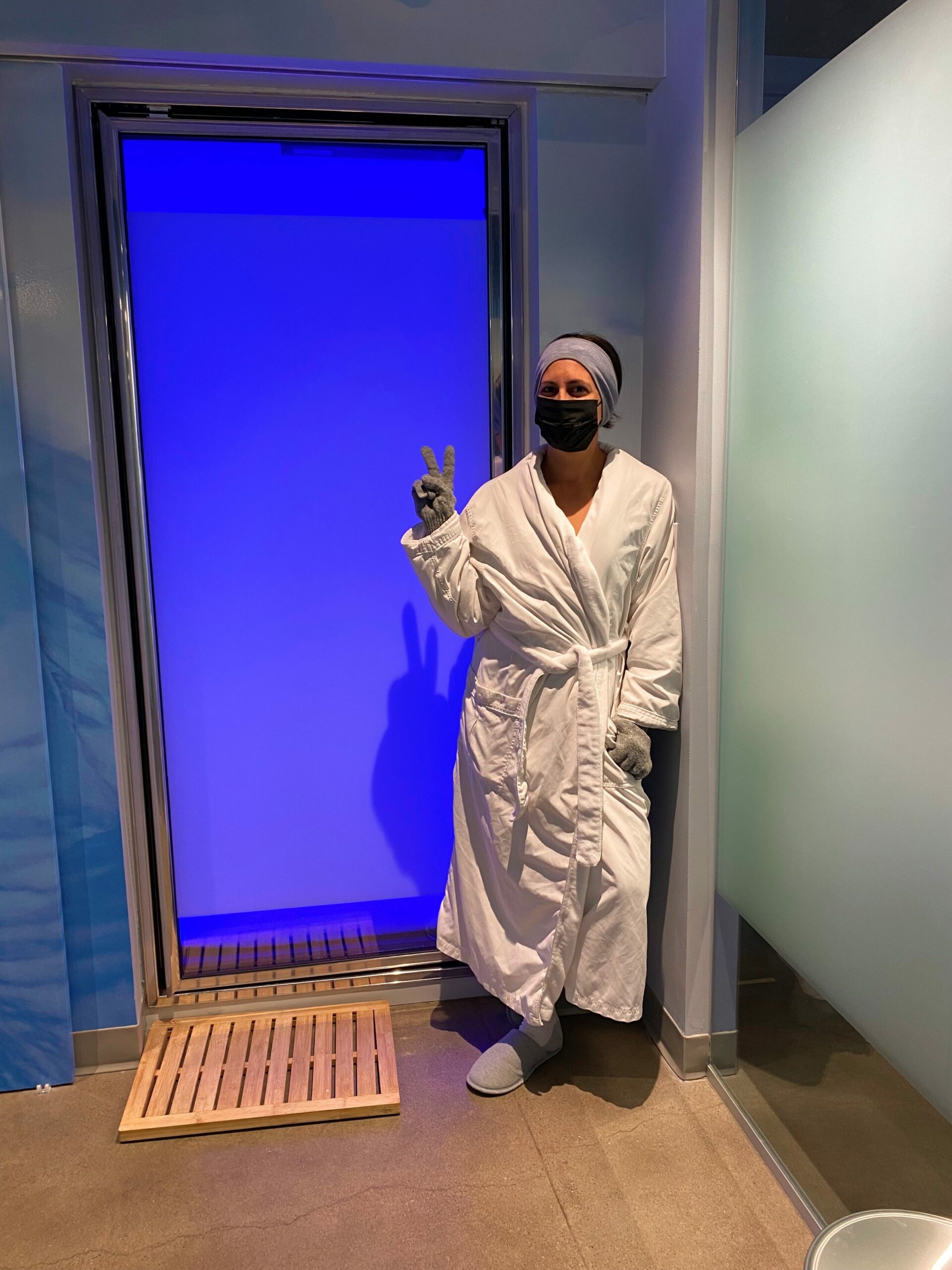
Job hunting is one of the most soul-crushingly tedious tasks there is. You can sink hours upon hours into browsing job listings, answering application questions, and crafting immaculate cover letters; yet despite all that effort, there’s no guarantee that you’ll even get a response. It’s awful, and as more employers are increasingly turning to AI to screen job applications, you might be wondering if you can leverage AI to level the playing field or, at the very least, take some of the drudgery out of the job application process.The short answer to that question is yes; you can definitely enlist AI to help you apply for jobs more quickly and efficiently. The long answer, however, is that doing so is a bit more complicated than simply copying/pasting the job description into your favorite chatbot and telling it to whip up a resume and cover letter. The key to success is knowing when and how to ask AI for assistance—not just having it generate every part of your application.With that in mind, here are four ways you can enlist generative AI to help you find and secure a new job.Use AI to Find Jobs You Qualify ForUnfortunately, most chatbots can’t actually monitor current job listings for you because they don’t have unfettered access to the internet and are typically trained on information that was scraped from the web many months (or years) ago. What they can do, though, is help you cast a wider net by suggesting job titles that you can search for yourself on sites like LinkedIn, Indeed, and others.To do this, head over to your AI of choice and enter a prompt that contains: A summary of your work historyYour key skills and proficienciesYour educational backgroundDetails on what industry you’re interested inAt the end of your prompt, ask the AI to provide a list of positions that you might be qualified for. Alternatively, if you have access to one of the fancier new multimodal AI chatbots that can read and understand documents and images, you can simply upload your resume and forego the part where you manually enter them as a text prompt.If all goes according to plan, the chatbot should spit out a long list of positions and job titles that you can use in your job search. Just remember that, as with any kind of generative AI, the quality of the results you get will largely depend on the quality and specificity of the prompts you enter, so take care to dial in your request and make sure it’s as detailed as possible. Furthermore, it’s crucial that you screen all AI-generated responses for accuracy. In this case, you can do so by carefully reading the qualifications of each job before you fire off an application. Use AI to Strengthen (Not Generate) Your ResumeWhile it might be tempting to draft an entirely AI-generated resume, doing so isn’t as risk-free as you might expect. If a hiring manager discovers that you used AI to generate your resume, not only will your application likely be rejected, but you could also damage your professional reputation.As such, it’s generally best to have AI serve as an extra set of eyes on your human-made resume rather than having it generate one for you entirely from scratch.To achieve this, we recommend using the “persona” method of prompting. Start by asking the chatbot to take on a character. Try things like “Pretend you are a seasoned recruiter with decades of experience” or “Imagine you’re a professional resume writer.” Follow this up with a specific request like, “Please review my resume and provide suggestions on how I can improve it,” or “Help me reduce my resume to 1-2 pages by suggesting the removal of things that are unnecessary.” Additionally, you can also consider asking it to check for grammatical errors or misspelled words in your current resume. And of course, if you don’t like how a certain section sounds, you can always ask AI to rewrite that part in a different tone or style.Before you dive in and start prompting, though, it’s important to note that security experts suggest you should “never share personal or sensitive information in any of your prompts. By doing so, you increase the risk of sharing confidential data with cybercriminals.”So if you decide to implement AI to strengthen your resume, be sure to remove any personal information from it (including your physical address, email address, phone number, and company information) before sharing it with a chatbot.
Recommended by Our Editors
Use AI to Draft or Improve A Cover LetterBecause your cover letters will likely be different for every job you apply to, writing them is a task that AI is well-suited to help out with. Just be careful—the same warnings that apply to generating your resume also apply here, and you should take care to ensure that anything AI spits out is factual and accurately reflects your skills.This actually works best if you start by sharing your resume (with personal info removed, of course) with whatever AI you’re using. After that, consider the following prompt: “I am applying for [position] at [company]. Please review my resume and use the information contained in it to write a sharp, professional cover letter that highlights my experience, explains why I’m a great fit for this position and underscores what sets me apart from other applicants.” Furthermore, you can also specify how long you’d like your letter to be (4 paragraphs? 300 words? a single page?), dictate the tone you’d like it to be written in (Academic? Professional? Formal?), and ask the AI to focus on specific skills or competencies.As mentioned earlier, be sure to remove any personal information from your prompts before you hit enter, and carefully read/edit any generated materials so they fit your tone, voice, and writing style.Use AI to Help You Ace the InterviewLanding an interview is simultaneously the most thrilling and nerve-wracking part of the job-hunting process, and while you probably won’t be able to tap AI for help in real-time during an interview, you can absolutely call it in for help before an interview. Chatbots can make great interview prep assistants.The first and most obvious way they can help out is by helping you anticipate what questions you might be asked during the interview, which you can achieve with a prompt like, “I have been invited for an interview at [insert or describe the company here] for [insert or describe the position here]. What questions should I expect to be asked?” You can also use the persona method here and ask the chatbot to role-play the interview with you. Try prompting your AI of choice with, “Imagine you’re the hiring manager at [company], and you’re interviewing me for a [job title] role. Please review my resume and cover letter and ask me questions that will help you determine if I’m a good fit for the position.” Lastly, another great way to prep for an interview is to have AI generate questions for you to ask the hiring managers. Just make sure your prompt is carefully crafted and contains all the pertinent details.
Get Our Best Stories!
Sign up for What’s New Now to get our top stories delivered to your inbox every morning.
This newsletter may contain advertising, deals, or affiliate links. Subscribing to a newsletter indicates your consent to our Terms of Use and Privacy Policy. You may unsubscribe from the newsletters at any time.






